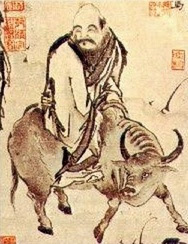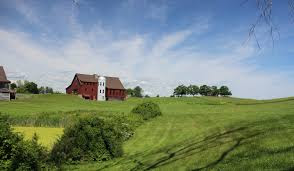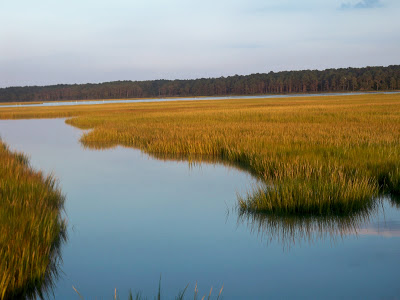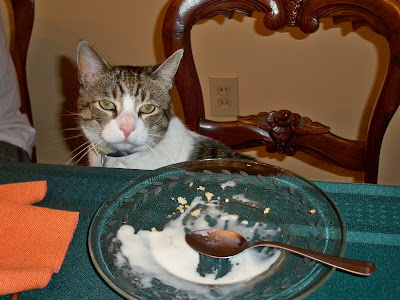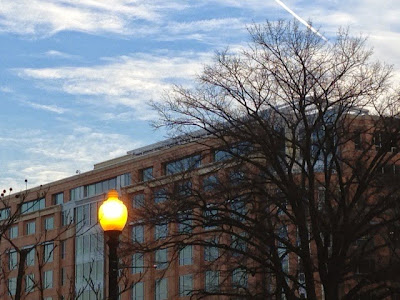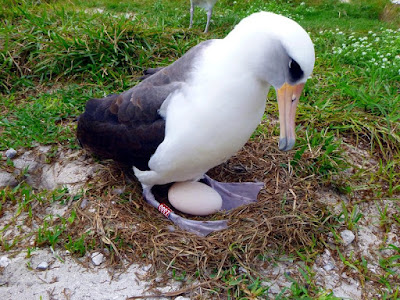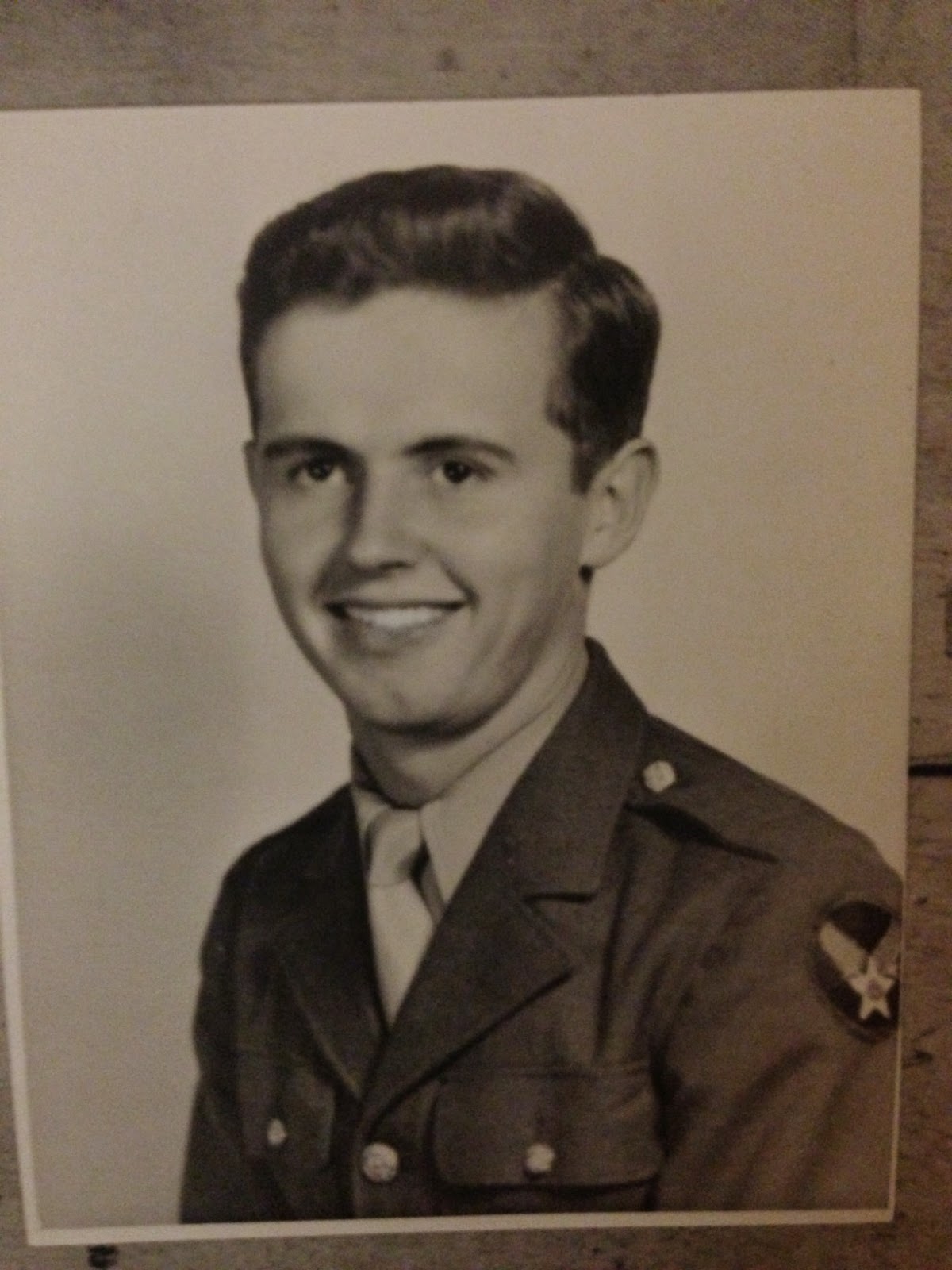Walking the Way
I picked up Walking the Way, by Robert Meikyo Rosenbaum, because I was browsing the library and liked the title. (It was no doubt the word “walking” that did it.) I almost didn’t check it out when I saw the subtitle, 81 Zen Encounters with the Tao Te Ching, which sounded too esoteric for me. But I brought it home anyway — and now may have to buy it, so wise and calming do I find its words.
Walking the Way is a series of reflections on 81 poems from the Tao Te Ching, a book of wisdom and fundamental text for the Chinese religious and philosophical system of Taoism. It is, as the foreword describes, like an “ancient, weathered, solitary pine that exists above the tree line that whistles the tunes of the wind on a high mountain.” Reading these words reawakens my desire to meditate, or at least to sit quietly for a while each day.
Here’s a passage that speaks to me:
It is easy to fall into the tyranny of doing. The feeling that you should do more is a tyrant worse than any dictator. It will wear you out and bring not just an early demise but the daily death of a thousand stressful cuts. If you do not free yourself from this tyranny you’ll die early, or daily, or both.
(Illustration, Wikipedia: Laozi, reputed author of the Tao Te Ching.)
